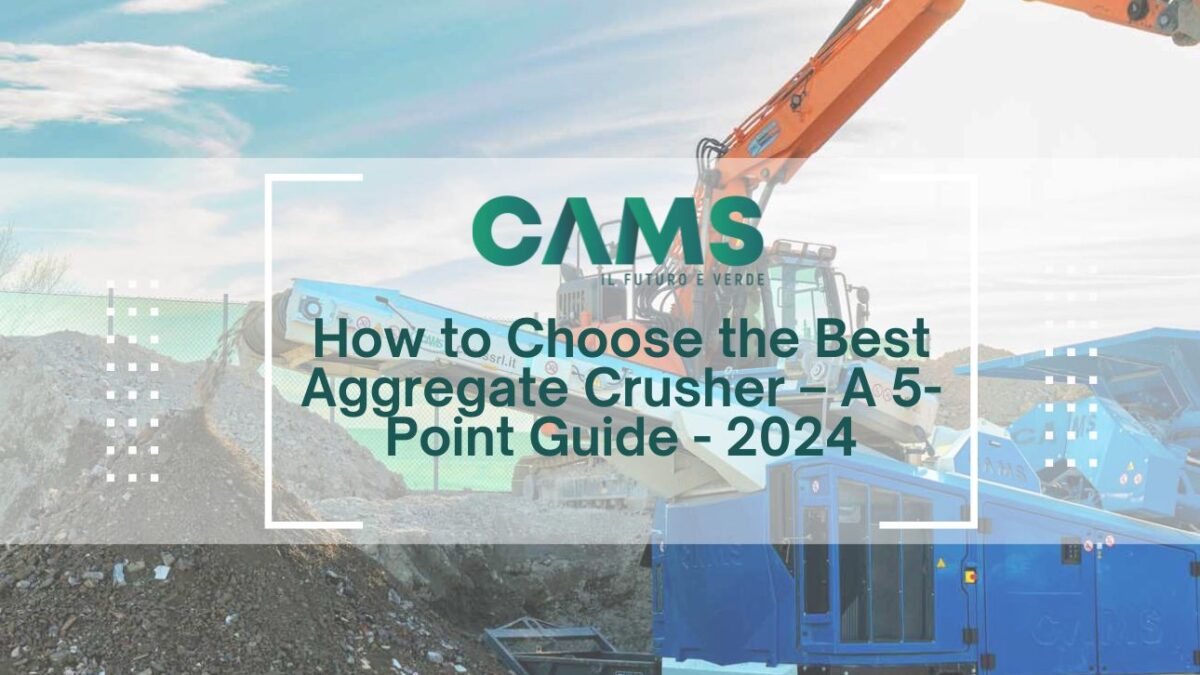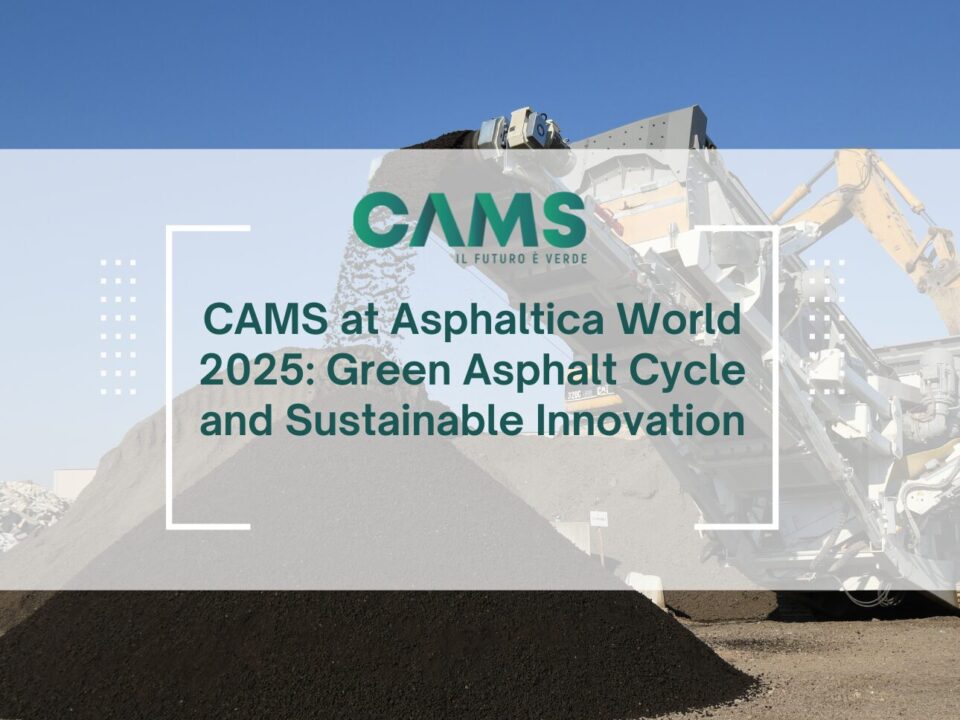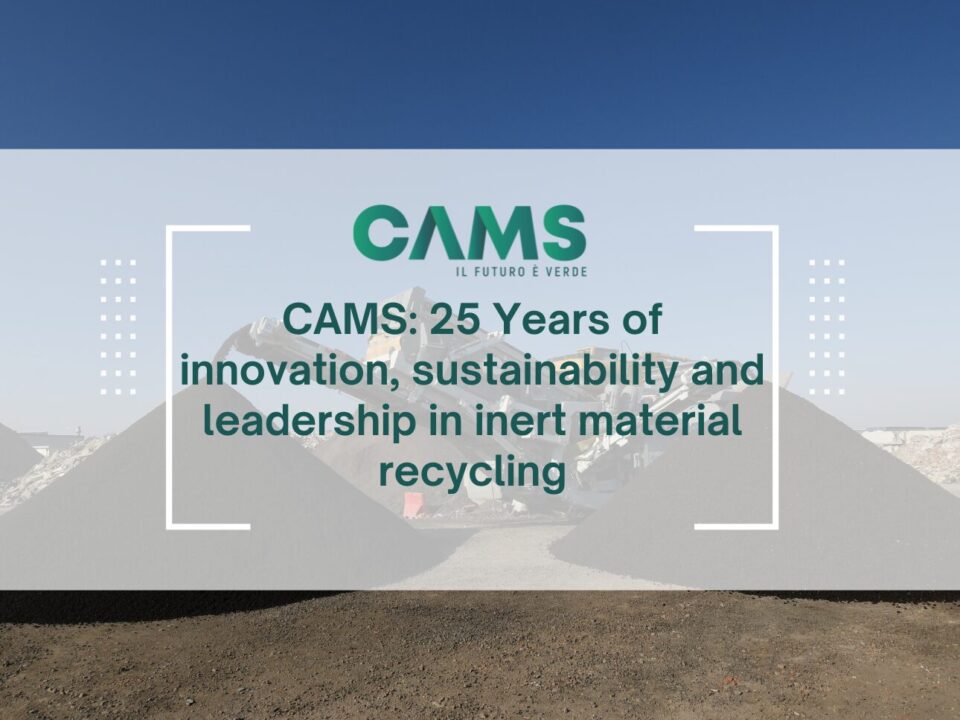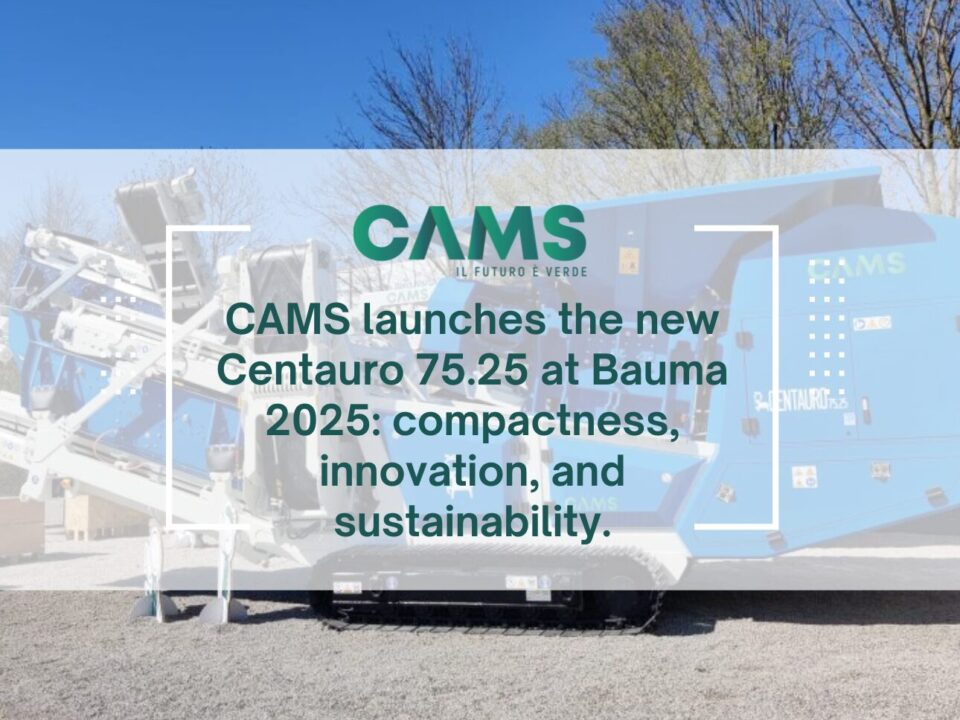Investing in a crusher for inert materials is an important decision that requires careful evaluation. With a wide variety of models and technologies available on the market, choosing the crusher best suited to your company’s needs can be complex.
In this guide, we will analyze in detail the key factors to consider to help you make an informed decision and get the most from your investment.
1) Type of material to be crushed
The first step in choosing the best crusher for inert materials is to identify the type of material that needs to be crushed.
The different types of inert materials—such as concrete, bricks, asphalt or rock—each have specific characteristics and hardness that require crushers with different technologies and capacities.
Be sure to choose a crusher designed to effectively handle the material you intend to process:
compatibility between the machine and the material’s properties is essential to achieve optimal results in terms of productivity and desired particle size.
2) Production capacity
A crusher’s production capacity, expressed in tons per hour, is a crucial factor for its efficiency. Our advice is to opt for a crusher with a production capacity suited to your workload so as to maximize output and reduce downtime.
If you anticipate occasional workload peaks, consider a crusher with a production capacity slightly above your average needs.
Ideal for crushing and recycling aggregates, debris, and other materials
Learn more about the UTM series
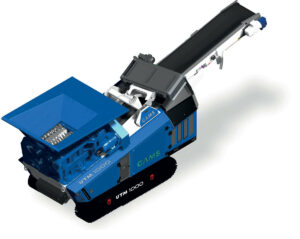
3) Size and weight
The size and weight of the crusher affect its transportability and its placement on the worksite. We recommend choosing a crusher that is compact enough to be transported easily, taking into account access routes and the space available on site.
4) Energy efficiency
Energy efficiency is a key aspect in minimizing your company’s energy consumption and environmental impact. Look for a crusher that offers a good power-to-energy-consumption ratio, favoring innovative technologies and process optimization systems.
High energy efficiency translates into lower operating costs and greater long-term savings.
5) Maintenance and support
Reliability and customer service are two crucial factors when choosing the best crusher: choose a manufacturer that offers efficient, timely customer support and make sure you have access to genuine spare parts and qualified technical assistance for routine and extraordinary maintenance.
As for maintenance, we recommend prioritizing a crusher with easily accessible components and simple, intuitive maintenance procedures.
In addition to the factors listed above, it is also important to consider:
- Budget: set a budget that accounts for the cost of the crusher, the necessary accessories, and expected maintenance costs
- Regulatory compliance: ensure that the chosen crusher complies with the safety and environmental regulations in force in the country where you intend to operate
- Manufacturer’s experience and reputation: assess the manufacturer’s experience and reputation by seeking feedback and reviews from other customers.
Purchasing a crusher for inert materials is a significant investment. Choosing the model that best fits your company’s specific needs requires an in-depth analysis of the key factors listed above.
With the help of this comprehensive guide and a careful assessment of your requirements, you will be able to make the most informed decision and get maximum value from your investment.
Contact us for more information.
Cams “IL FUTURO È VERDE”


